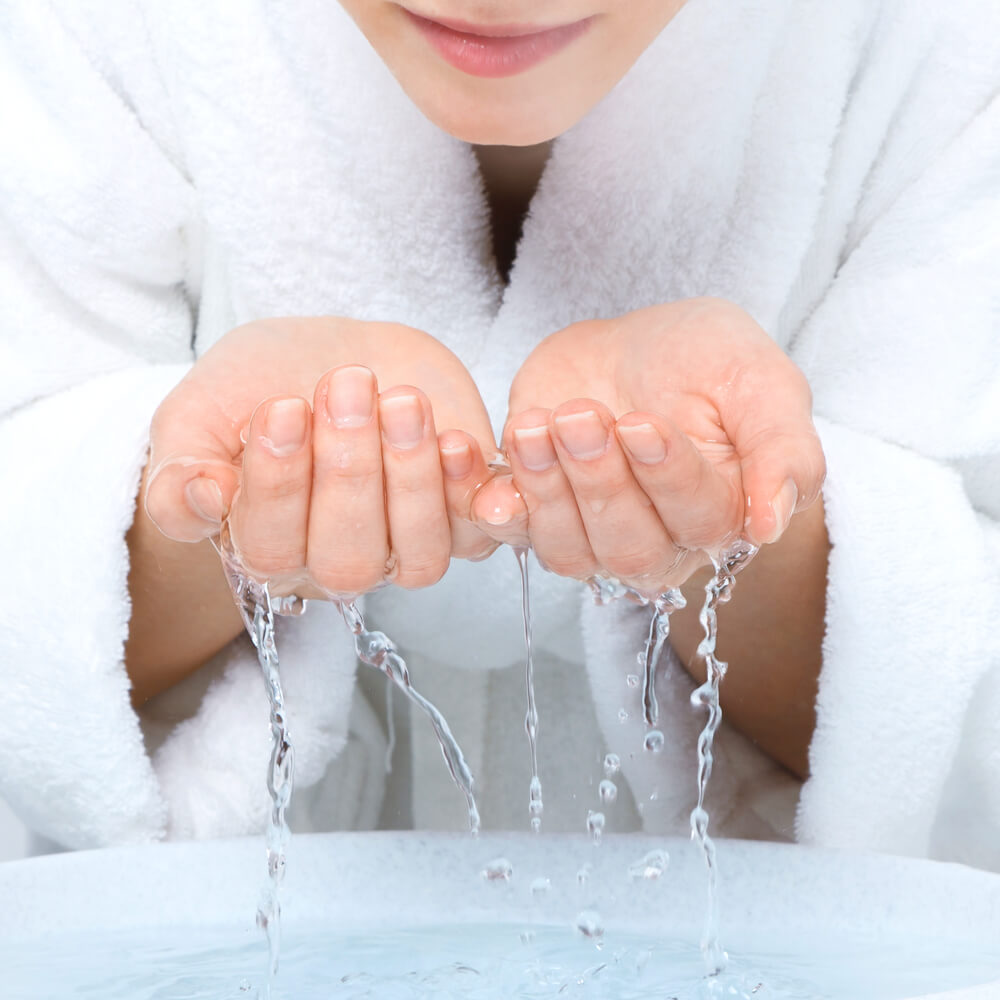If you’re a New Jersey homeowner, it’s likely that you have hard water. According to the U.S. Geological Survey, 89.3% of homes in the United States have hard water. Hard water is safe to drink and is not a health concern. However, it can cause skin issues such as dryness and irritation. Over time, hard water can also cause damage to your appliances and plumbing.
What Is Hard Water?
Hard water is water that contains high levels of minerals such as iron, magnesium, or calcium. These minerals get into the water when it flows through chalk and limestone deposits in the ground. The hardness of water is different from city to city. You’re more likely to experience this if your water comes from a well or another groundwater system.
Signs of Hard Water
1. Your water has a strange odor or a strange taste.
Does your water have a funny taste or smell to it? This is one of the first signs of hard water since it contains a high concentration of minerals, it makes your water taste different.
2. You notice white, filmy residue on your dishes or glassware.
This white powder is scaling, or mineral deposits left behind when water evaporates. Scale buildup is a sure sign that the hardness of your water is way too high. Scaling can also build up in your pipes and create plumbing problems.
3. Stains appear in your bathtubs and sinks.
Scale buildup can occur in your sinks, showers, and bathtubs just like it does on your dishes. Do you find that there’s a film residue in your sink or your tub, no matter how often you clean? It’s probably caused by hard water.
4. It’s difficult to create a good lather with soap and shampoo.
Soap does not mix well with calcium and magnesium. The minerals dissolved in hard water produce a chemical reaction with shampoo and soap which inhibits suds from forming. Difficulty creating a good, soapy lather is one of the most common symptoms.
5. Your clothes appear gray and dingy.
Hard water makes it difficult to get your laundry clean and may cause your clothing to wear out more quickly than usual. The buildup of minerals makes your clothes look faded and even stained. They may also feel stiff and scratchy. Also, avoid using chlorine bleach as the bleach will react with minerals in the water and stain your clothing.
6. Your skin and hair feel dry.
Hard water leaves a residue on your skin and hair. It can dry out your skin and cause irritation, itching, and breakouts. Your hair can look dull and feel dry and difficult to manage. If you notice skin and hair dryness, hard water is likely to be the cause.
7. Your utility bills have increased.
These excess of minerals can lead to scale buildup inside your water heater. This causes your water heater to become less efficient. It requires more energy to heat your water, leading to rising utility bills.
What You Can Do
If your home has hard water, it can be treated by installing a water softener. Water softeners use a process to remove calcium and magnesium from your water. By investing in a water softener, you’ll reduce damage to your plumbing and appliances and reduce the skin problems caused by hard water.
For more information about soft water and the benefits of adding a water softener to your home, contact us at Advanced Water Softening. We will perform a free water test to determine the quality of your water and help you find the best solution for your home!






